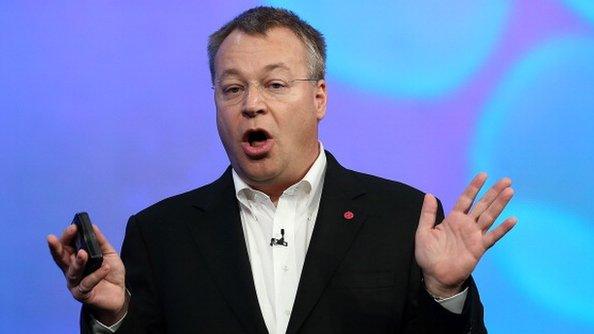France backs Nokia deal with Alcatel-Lucent
- Published
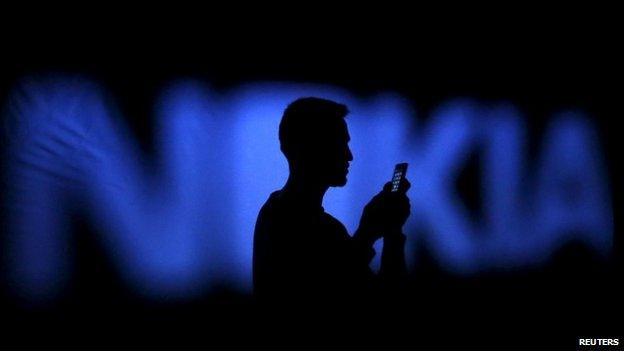
Nokia is in talks to buy French rival Alcatel-Lucent in a deal that could create a European telecoms equipment group worth more than €40bn (£29bn).
In a joint announcement, external, the two companies said there could be "no certainty at this stage" that the discussions would result in a deal.
But combining two of the industry's weaker players would be attractive.
Prospects of a Nokia/Alcatel merger increased after the French government said it would back a deal.
The chief executives of both companies - Nokia's Rajeev Suri and Alcatel-Lucent's Michel Combes - held a brief meeting with President Hollande on Tuesday afternoon but did not comment.
Economy Minister Emmanuel Macron said after the meeting that a deal would be a "good operation for Alcatel-Lucent" and allow the creation of a European champion. but with "no job cuts" in France.
Shares in Alcatel closed up 16% at €4.48 in Paris on Tuesday. Shares in Nokia ended 3.6% lower at €7.49 in Helsinki.
Nokia is valued at almost €28bn - more than twice as much as Alcatel, which is worth €12.6bn.
The announcement comes a year after Nokia completed a deal to sell its struggling handset business to Microsoft.
'Weaker players'
Some investors expressed scepticism over the merits of the tie-up.
"They are two of the weaker players in the industry," said Clairinvest fund manager Ion-Marc Valahu.
"They could come up with some cost cuts, but just because you combine one weak player with another weak player does not necessarily mean that you will end up with a stronger player."
Timo Seppala, senior researcher at Aalto University in Helsinki, said the talks were a clear indication that the Finnish company aimed to be a major player.
"Nokia wants to be one of the three big ones - a game player alongside China's Huawei and Ericsson [of Sweden]," he said.

Analysis: Rory Cellan-Jones, Technology correspondent
When Nokia sold its mobile phones business to Microsoft, it seemed like a sad end to the story of what had just a few years earlier been Europe's leading technology superpower.
But the dull old telecoms equipment business left in Finland has turned out some rather exciting returns for loyal investors, who've seen their shares double in value over the last two years. Nokia has cut costs and has even started making new devices, with a tablet aimed at the Chinese market.
A merger with Alcatel Lucent, another telecoms maker fallen on hard times, might not appear an obvious winner. But together, the two firms would hope to provide real competition to Sweden's Ericsson and, in particular, China's Huawei, which has grabbed a big share of the market as 4G networks are rolled out.
Comebacks are rare in the technology world, but Nokia's investors may look at how Microsoft is doing with mobile phones and reflect that they got the best end of that deal.

The announcement of the potential deal comes at a time of heightened merger and acquisition activity.
Last week, Shell announced a £47bn deal to buy BG Group and create a company worth £200bn.
And US parcels firm FedEx announced a few days earlier that it was to buy Dutch rival TNT Express for €4.4bn (£3.2bn), creating one of the three largest parcel delivery services in Europe, rivalling DHL and UPS if approved by the European Commission.
- Published25 April 2014
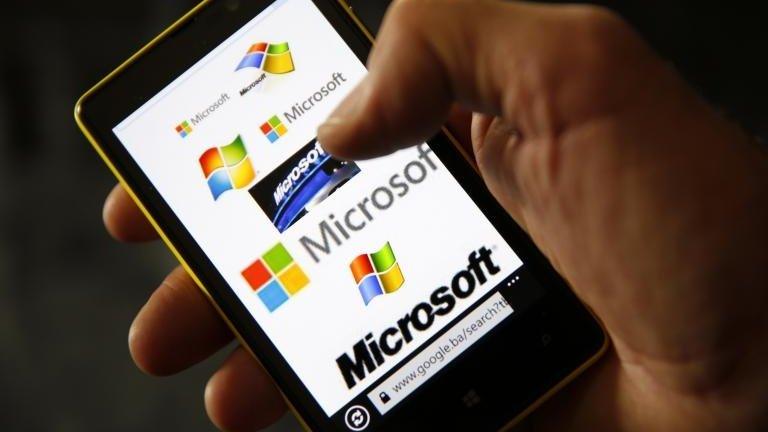
- Published26 January 2015
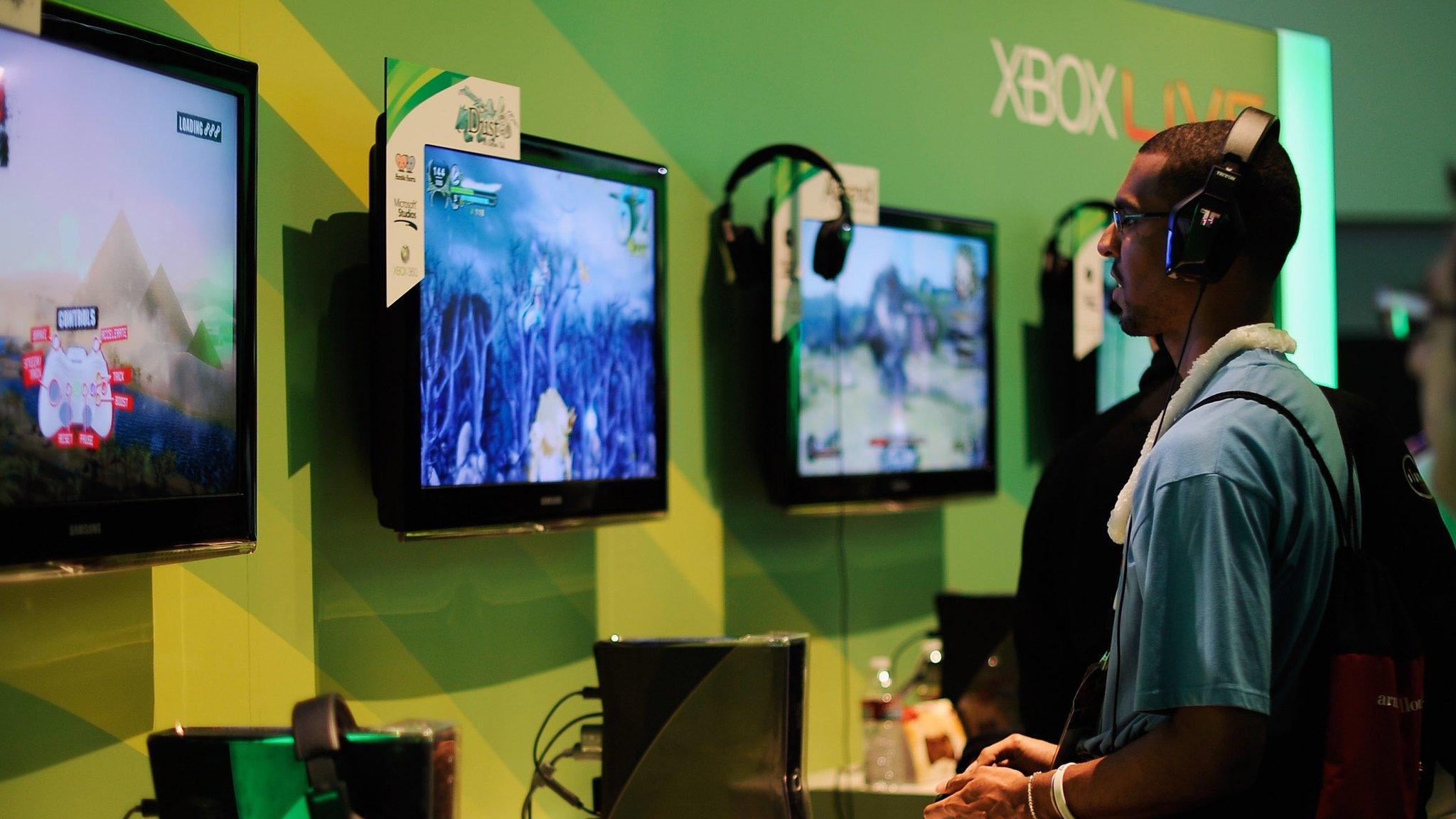
- Published8 October 2014
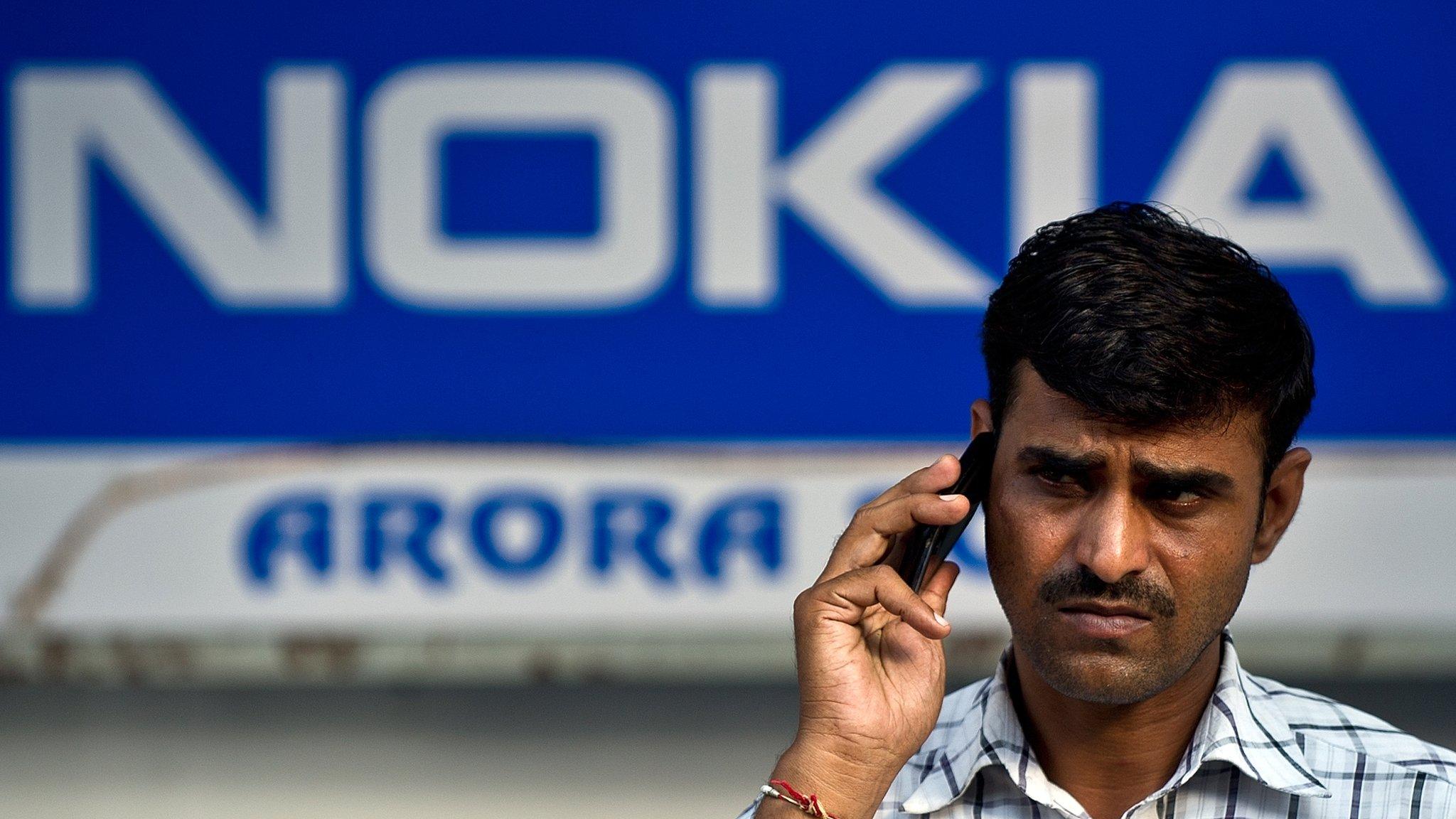
- Published1 May 2014
